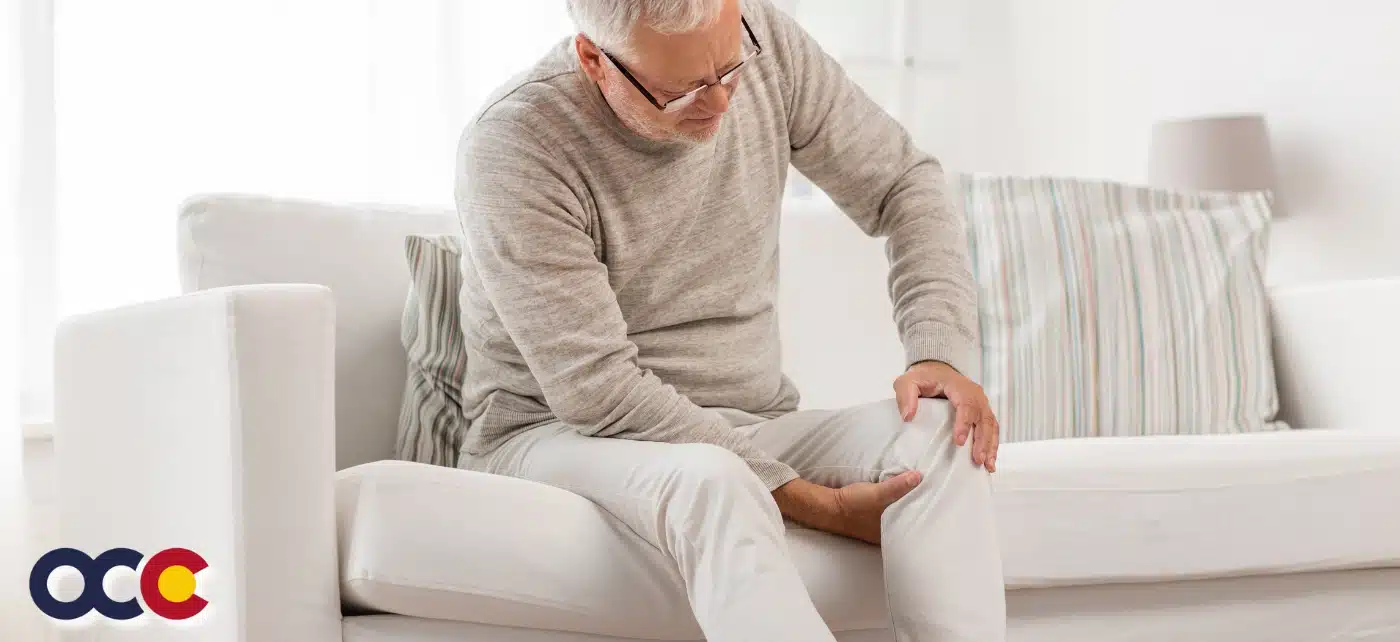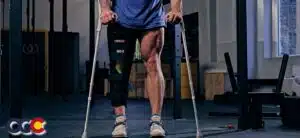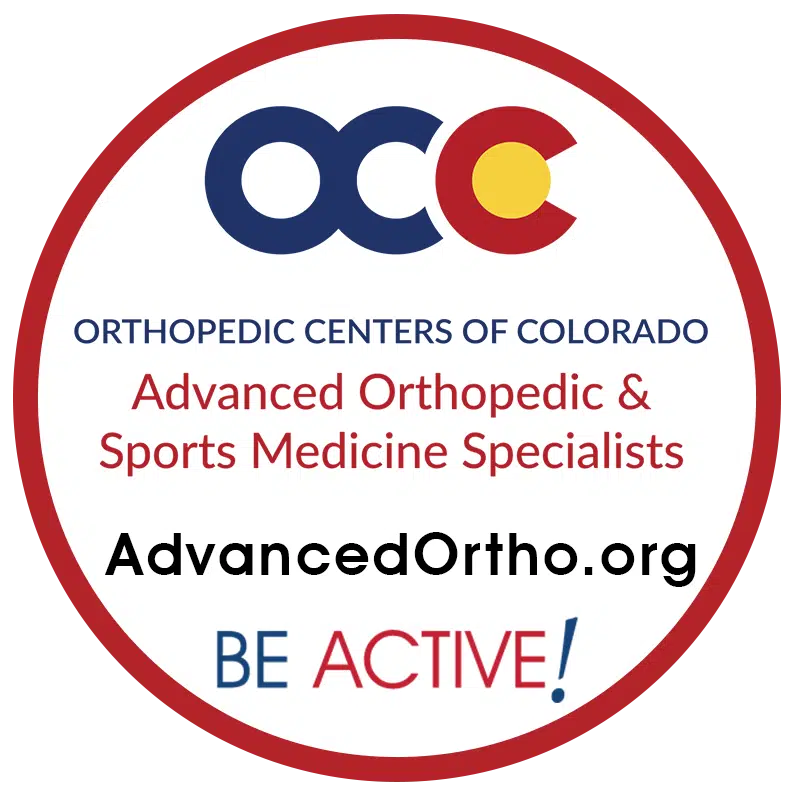As our Denver back specialists will tell you, the majority of adults will suffer from back pain at some point in their lives. Pain in the lower back is a common concern, affecting up to 80% of Americans at some point in their lifetime.
So, if you’re like many of us who are trying to navigate our way back into a workout routine, or simply get out of the house to get moving again, be thoughtful in your approach to avoid injury, including back pain.
Whether you’re ramping up your formal exercise program after several months of down time (Netflix anyone?), or you’ve taken on new independent sports as a way to stay fit and be physically distant, there are several tips our Denver back specialists offer to protect your back and keep you moving.
1) Just get going again. We’ve all had to adapt our lifestyles in recent months. First and foremost, we must still do our best to keep our families safe and manage our changing, and often challenging, work situations and demands at home. On top of all that, we have had less access to fitness and recreational facilities. All of this might have you feeling stiff and fitness may feel impossible. Or maybe you’re not quite sure how to get back in a rhythm again. “Most back pain comes from the strains and stresses of everyday life, but movement can be extremely therapeutic,” says Dr. Michael Shen, Denver back specialist and orthopedic spine specialist. “Start by getting out for a 10-15 min walk, taking an online yoga class or simply stretching.”
2) Start cross training and HIIT workouts slowly. As gyms and fitness studios begin to reopen, it’s understandable if you want to jump back into your pre-COVID routine (while complying with all local requirements, of course). Cross training and HIIT (High Intensity Interval Training) workouts are popular, and can be great for fitness, but remember to start slowly to minimize the chance of an injury, especially if you haven’t been moving at the same level of intensity for a while. Although it will be hard to take it easy and built back the level of intensity, it is important do so to avoid injury.
3) Good habits and good form go hand in hand. From golf, to running, cycling and standup paddle boarding – even that new gardening habit you’ve picked up – poor form or ergonomics is a recipe for pain. Our Denver back specialists have talked to many people who have taken up running, biking, golf or stand up paddle boarding for the first time.These independent activities can be a great socially distanced alternative to a crowded gym or other group fitness activity. But learning proper form is key. Here are a few tips for each of these independent activities:
Running: Always wear supportive running shoes and be sure to replace them once they begin to wear out. Try to run on trails and softer surfaces, avoiding concrete when you can.
Be sure to warm up before hitting your peak pace and always stretch when you’re done – especially your hamstrings. When running, keep your shoulders relaxed – down and back and keep your hands loose.
SUP: if your new to SUP – stand up paddle boarding that is – there’s lots to learn. REI has a great guide for beginners. If you’ve been getting out on the water regularly, you may be feeling the strain from all those hours of paddling. But poor form could also be the culprit. Proper paddling form relies on using your legs and core (abdominals), not your back. Keep your knees softly bent and rotate your core and hips with each gentle motion. If you’re feeling fatigued, keep each session to an hour or less.
Cycling: whether you’re on a spin bike at home, or on a road or mountain bike outside, ensuring proper fit and good posture will minimize strain on your back. Try to avoid rounding your back or bunching your shoulders together. A bike seat should be adjusted to allow you to maintain a 90-degree angle at your knee when the peddle comes to the top of each rotation. This helps ease the strain on your lower back and your hips. As always, stretching after each ride is key.
4) Take rest days. Maybe you haven’t taken on a new sport but instead have significantly increased the frequency of your favorite activity. Doing so can strain your muscles or injur yourself from overuse. A common example of this is golfers who used to play 3-4 times per month and are now playing 3-4 times per week. All that extra time on the golf course is causing lower back pains and strains – when your body doesn’t have time to rest or is suffering from overuse. Good form applies here too. Talk to a teaching pro about your swing and try to keep your motion steady and relaxed.
Denver back pain specialists understand how complex and individual back pain can be. That’s why proper diagnosis and treatment requires a skilled specialist.
Some types of acute back pain may improve with time and rest. A back specialist may suggest hot or cold packs or over-the-counter medicines such as acetaminophen or ibuprofen to help with discomfort, and then monitor your progress over time. They may also recommend physical therapy or home exercises to strengthen your core.
It’s a great time to get moving, and individual exercise is the first choice for many people. If you’re already enjoying Colorado’s great outdoors, be safe, get rest and watch your form! If you’re just getting started, go easy, have fun and build intensity and frequency.
If you need to see on of Denver’s back pain specialists, we’re here for you! We have convenient locations in Denver, Parker and Southlands:
Lincoln Medical Center
11960 E. Lioness Way
Suite 260
Parker, CO 80134
Lowry Medical Center
8101 E. Lowry Blvd.
Suite 230
Denver, CO 80230
Southlands Office
6235 S. Main Street
Suite 101
Aurora, CO 80016









